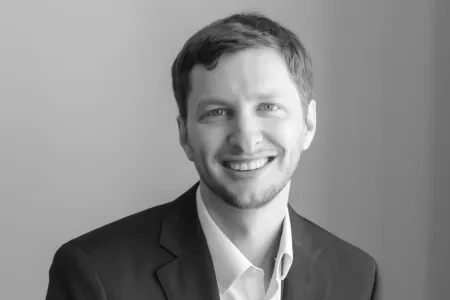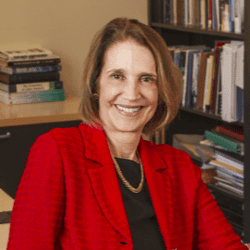Sign up for weekly new releases, exclusive access to live debates, and Open to Debate’s educational newsletters.
- Debates
Features
Topics
Upcoming debates
-
-
-
Live NYC Debate As modern warfare becomes increasingly automated and reliant on artificial intelligence, the question of who, or what, should have ultimate control over lethal decision-making systems has never been more urgent. This debate centers on the controversial concept of a "kill switch;" a mechanism designed to shut down or override autonomous weapon systems in conflict zones. Should this power reside in human hands, ensuring systems are always remotely-piloted, with humans in control? Or should AI, with its unmatched speed and data-processing abilities, be entrusted to carry out missions in real time, if activated by a human? As militaries race to integrate AI into combat systems, the "kill switch" debate is no longer theoretical. Rather, it's a pressing policy and ethical dilemma. Proponents of human oversight all the way to the point of impact argue that moral reasoning, empathy, and responsibility are uniquely critical human traits, especially in the fog of war. On the other hand, advocates for AI-driven weapons emphasize the precision, and emotionless calculation that AI can offer in high-stakes, split-second scenarios, which in some cases could actually prove more humane than more imprecise approaches of the past. This debate will explore whether delegating such profound authority to code is a necessary evolution, or a dangerous abdication of human conscience. This debate will be recorded at the Council on Foreign Relations on September 15, 2025.Friday, September 26, 2025
-
- Insights
- About
-

SUPPORT OPEN-MINDED DEBATE
Help us bring debate to communities and classrooms across the nation.
Donate
- Header Bottom




















JOIN THE CONVERSATION